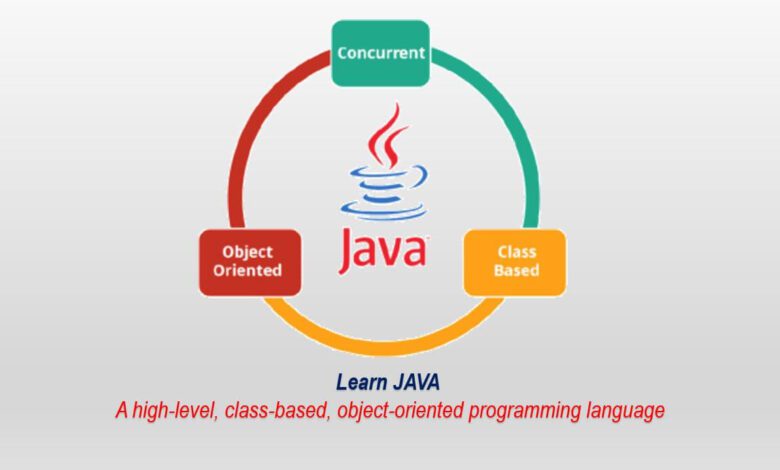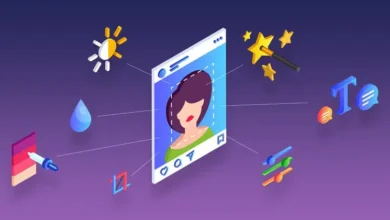Tips for Learning Java at University


If you are reading this article, you need to know that nearly anyone can learn Java or other programming languages if they dedicate enough time and effort. University and college time is the best opportunity to start learning Java while you are young, full of energy, and can easily devote time to studying a new programming language.


Don’t believe anyone who says you can learn Java within three months. To become a good Java developer, you need to learn the basics and many side technologies.
You need to adhere to strict time management, as you need to balance between university, programming, and personal needs. If you learn Java in college or can’t deal with complex code in Java, you can ask for help with Java homework. Experts will give you ideas on overcoming the task and seeing how the code should look.
Where Java is Used?
Luckily, Java programming language is frequently used in various spheres of software development. It has quick technologies and covers different platforms and devices.


Here are the most common spheres:
- Computer games and online games
- Big Data projects
- Banking and financial services
- Testing programs
- Cloud computing
- Applications for Android
- Business and enterprise development
- Backend development of web applications
- Other software
Before starting to learn Java, you need to choose the preferable sphere you wish to work further. For example, if you choose web development, it will be better to accompany your knowledge of JavaScript. For Android applications, it will be a plus to learn Kotlin.
10 Tips to Learn Java at University
The best time to learn Java is while you are a student. Here are essential tips to help you quickly plunge into the Java world. Generally, all these recommendations may also be helpful for all people who wish to learn Java.
1. Decide on a study plan.
Typically, you have two variants to choose from. The first one is about taking an online course where the creators have already defined the study plan and homework. You need simply follow the steps of learning platform requests and contact a mentor for clarification if needed. The second variant is about learning by yourself. In this case, you will need a lot of discipline, as you need to choose resources and tasks yourself. Start with a little and see which variant works best for you.
2. Accept the fact that you will need a bunch of time to learn Java.
You can’t learn Java in one sleep, and it’s tough to understand Java without regular practice. Forget about TikTok, Instagram, online games, and other time wasters. If you are confident in your intentions to study Java, make a timetable where you will dedicate 2-3 hours a day to the theory and practice of Java. Leave more time if possible, but only a few people can do so. Remember that the more time you spend studying, the faster you will be delighted with the results.
3. Use various resources.
Every YouTube video, book, or article will describe various approaches to similar topics. Don’t stop searching about the issue you can’t understand. Look for more information until it gives you a clear answer. At the same time, don’t try to learn everything at once. Don’t waste your time. Pick one service or book and smoothly start learning.
4. Search for programming societies and mentorship.
You will feel more inspired and motivated by people addicted to programming. Some services provide online and offline societies where you can share your knowledge and ask more experienced node.js developers for help. For example, you can search for Java-related tags on Stack Overflow and Reddit.
5. Try out online courses.
Please, don’t think that taking one Java course on Coursera will be enough. You can use Pluralsight, Udemy, O’Reilly, and others will give you an excellent basis for understanding Java. Such systems provide you with video lessons and theory to understand the basis of Java programming. Also, the course will give practical tasks that you will need to solve.
6. Practice a lot. We are not kidding.
It’s vital to learn not only to write the code but know how to do it right. Start with a little. Begin with writing simple codes following examples from books and videos. Then try to improve and modify it in some way. When you feel confident in structuring the code, move to complete tasks from the book. Only then you can move to create your own small Java project.
7. Explore codes written by other people.
When you understand coding enough, it’s time to learn how people structure code and try various approaches to solve multiple tasks. You can use GitHub or Stackoverflow for this.
8. Create your own project on GitHub.
It can take from several months to half a year of regular practice to start creating your own code on GitHub. Don’t be afraid of complex tasks! It doesn’t mean that you need to do a project in one night. Come up with an idea, think about implementation, and only then start creating your project in Java.
9. Integrate your study into everyday life.
If the way to college takes time, spend it listening to podcasts or watching YouTube videos while you are on the bus or walking. If you go to the gym or go for a run, you can also listen to podcasts. When you go to the library, dedicate some time to learning Java in a silent, comfortable space.
10. Start learning about Spring Framework.
Many projects use this technology as a basis. Spring is a great container that includes databases, RPC, web infrastructures, and more. It will help you better create programs in Java. Besides, knowing the core of Spring Framework will open doors for Spring Boot, Spring Data, and Spring Batch.
Summing Up
Java programming is a wide-open frontier. Start exploring it step by step, and in a while, you will look back on your hard work with great pleasure. If you are thinking about learning Java, start it right now while you have motivation and time. Good luck!
To learn more, visit irshtech




